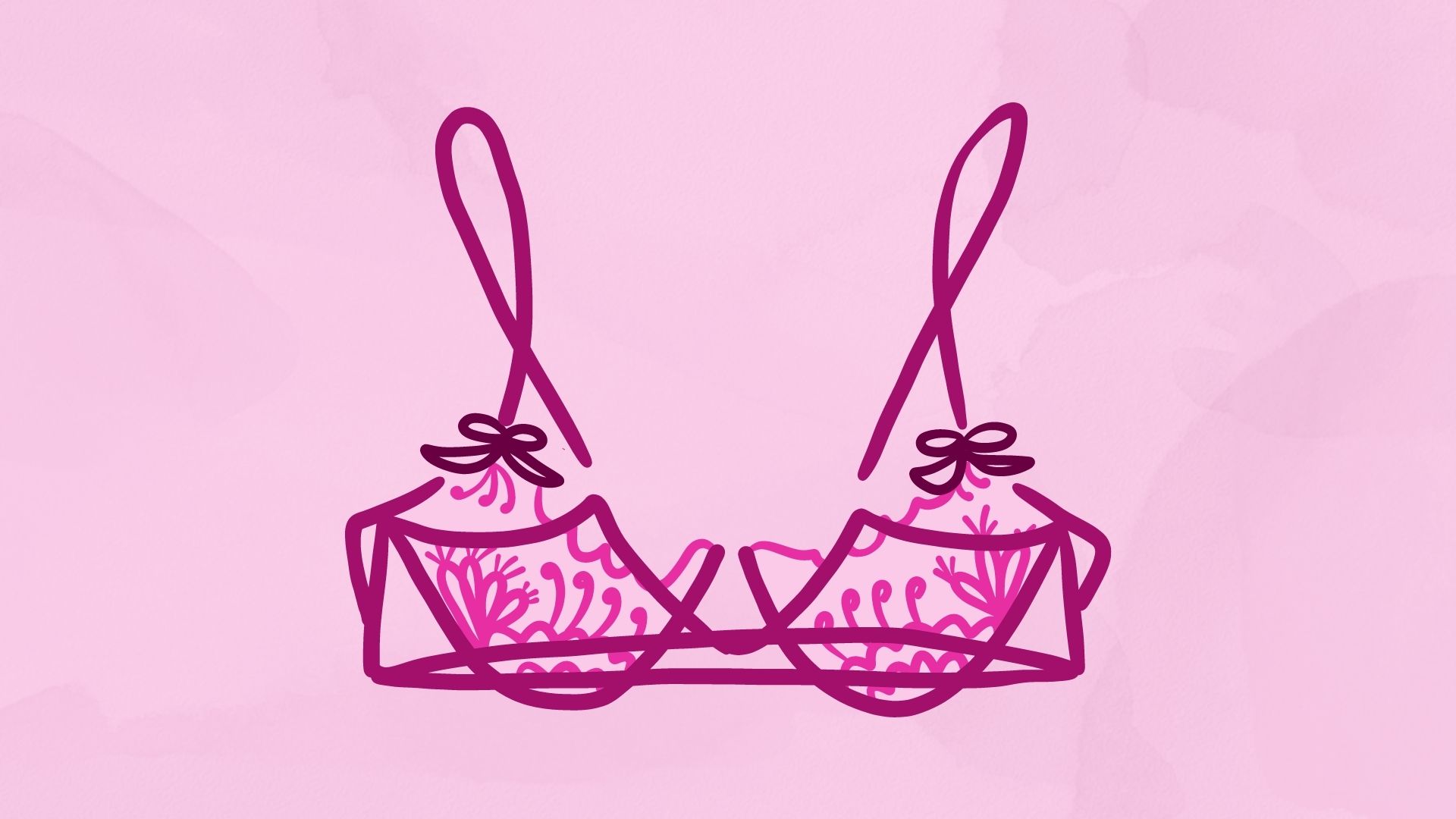The latest report issued by the Global Cancer Observatory in March 2021 indicates that the most prevalent type of cancer in Lebanon is breast cancer, accounting for 16.9 percent of all local cases. It’s followed by lung cancer at 12.1 percent and prostate cancer at 8.9 percent.
Breast cancer presents a challenge to women around the world, especially in Lebanon—whether they be Lebanese citizens, residents, or refugees.
Considering the harsh economic conditions that Lebanon is experiencing, access to information about this cancer, examination processes, and treatment is somewhat difficult. In some cases, it is almost impossible.
For this reason, many NGOs are working on awareness campaigns to reduce the spread of breast cancer and encourage early screenings that can detect it and save lives. Most of these awareness campaigns take place in October, which is Breast Cancer Awareness Month. ‘
Relevant groups also offer free mammogram procedures during this month, with campaigns including conferences and sessions for refugee women in their areas of residence—whether it be inside of camps or elsewhere.
During these sessions, organizers focus on explaining the importance of early detection and how women can protect themselves, as well as shedding light on symptoms of breast cancer.
According to the US National Breast Cancer Foundation, here is how you perform a breast self-examination:
First Step: In the Shower
Using the flat side of your three middle fingers, check the entire breast and armpit area by pressing down and alternating with light, medium, and firm pressure. Look for lumps, thickening, hard knots, or other changes in the breast.
Second Step: In Front of a Mirror
Visually examine your breasts with your arms down. Next, raise your arms over your head. Look for any changes in the shape, swelling, abnormalities in the skin, or changes in the nipples. Then, place the palms of your hands on your hips and flex your chest muscles.
Breasts rarely match perfectly, so look for any dimples, puckering, or prominent changes on one side.
Third Step: Lying Down
When lying down, the breast tissue is spread evenly along the chest wall, which can help detect abnormalities. Place a pillow under your right shoulder and your right arm behind your head.
Using your left hand, move your fingers around your right breast, gently covering the entire breast and armpit area. Use light, medium, and firm pressure, and squeeze the nipple to check for discharge and lumps. Repeat these steps with your left breast.
Regularly examining your breasts for any abnormalities can help you fiend breast cancer early, when treatment is more likely to be successful.
Mammography
Many international and local associations in Lebanon, in cooperation with the United Nations High Commissioner for Refugees (UNHCR), offer a mammogram examination that is almost free of cost (to detect abnormal growth in breast tissue through an x-ray) for women in Lebanon—and especially refugees due to their economic standing.
Some associations that offer mammogram screenings at a 75-90 percent discount:
- Amel Association: +961 (0)1 317 293
- International Medical Corps: +961 (1) 487921
- Doctors without Borders: : +961 (0)1 737 090
- Makhzoumi Foundation: +961 (0)1 660 890
“Unfortunately, there is no one place that provides completely free treatment because chemotherapy is usually provided through specialized hospitals or clinics,” said social worker Dareen Abu Fakhr. “There is no free treatment or surgery, but sometimes the UNHCR covers 20 percent of the cost of a tumor removal only, and the 80 percent left is supposed to be covered by the patient.”
“The associations working in medical intervention find it difficult to cover any type of treatment because of its high cost,” she continued. “And because the Ministry of Health does not have the full support of the UNHCR to facilitate the process or to secure a place like public hospitals for treatment.”


